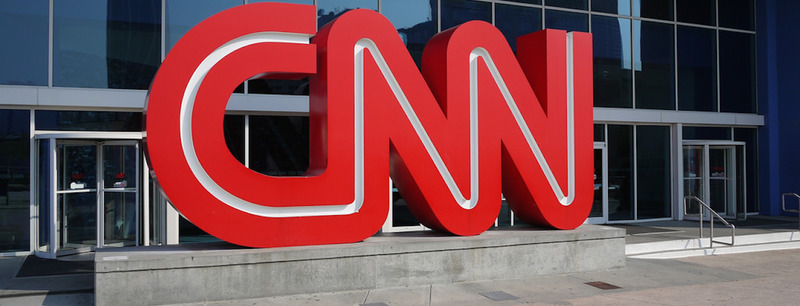Sign up for the daily CJR newsletter.
Last week President Trump revoked a CNN reporter’s access to the White House after the reporter, Jim Acosta, repeatedly questioned the president’s contention that migrants are “invading” the United States. On Tuesday CNN filed a lawsuit challenging the White House’s action. CNN was right to file the suit, and the court should order the White House to restore Acosta’s access—not just to remedy an individual violation of press freedom but to protect the ability of all reporters to do their work. This morning, the White House issued a formal response to the suit, asserting that Trump has “broad discretion” to regulate press access.
CNN is right that the White House acted unconstitutionally. When Acosta pursued his line of questioning about the so-called migrant caravan over the president’s objection, a visibly angry Trump called Acosta a “rude” and “terrible” person and an “enemy of the people.” Later that day the Secret Service informed Acosta that his “hard pass” press credential was being revoked, a decision that Trump subsequently acknowledged he directed.
When the government establishes an open forum for expressive activity, the First Amendment forbids it from selectively excluding speakers because of their viewpoints. As a federal appeals court held in a case decided four decades ago, this means that the White House can’t arbitrarily bar a journalist from White House press facilities. In that case, Sherrill v. Knight, the Secret Service denied a request for White House press credentials from a journalist for The Nation without providing any explanation for the denial. In holding that the government was required to explain the denial and afford the journalist an opportunity to contest it, the court observed that a decision to deny press credentials based on the content of the journalist’s speech would raise serious constitutional questions.
ICYMI: “I’ve been an editor a long time and I have never seen anything like this, period”
The record strongly suggests that the White House revoked Acosta’s access because of the viewpoint implicit in Acosta’s questions. Because that kind of viewpoint-based exclusion violates a fundamental First Amendment principle, CNN should prevail in court.
Of course, a win in the courts isn’t the same thing as a win in the real world, and some people have questioned the wisdom and purpose of CNN’s suit, arguing that it is self-serving. Others argue that revoking one reporter’s credentials is not a big deal because CNN can simply send in another reporter as a replacement. And many worry that even a successful lawsuit could be a strategic loss for the media, since a lawsuit captioned “CNN v. Trump” will feed into Trump’s argument that the media is hostile to his administration.
CNN’s lawsuit undoubtedly serves its own interests as a news outlet, but it would be short-sighted to frame this as a battle between Trump and Acosta. The suit is also an important and necessary defense of press freedom. It is crucial to preserving the media’s ability to ask hard questions and hold government officials to account for their decisions, and it is vital to protecting the integrity of one of the channels through which the public learns about the government.
If this kind of retaliation were allowed to go unchallenged, the White House would feel emboldened to use the threat of similar revocations as a means of discouraging critical news coverage.
If this kind of retaliation were allowed to go unchallenged, the White House would feel emboldened to use the threat of similar revocations as a means of discouraging critical news coverage. Other reporters would inevitably hesitate before asking White House officials sharp questions. If the president were allowed to ban reporters whose questions he didn’t like, the result would be press conferences that served only to celebrate, and not challenge, the administration’s agenda. (This is of course how press conferences work in authoritarian countries.) The real losers would be the American people, who would be deprived of reporters willing to probe and challenge the president’s perspective.
This country’s founders enshrined the “freedom of the press” in the First Amendment in order to ensure that the press “serve the governed, not the governors.” So said Supreme Court Justice Hugo Black, nearly 50 years ago, in the seminal decision affirming the right of newspapers to print the Pentagon Papers. Journalists play a critical role as representatives of the public when they are granted access to the White House and to the president, and it is this role that is threatened by the president’s actions. When the court reviews CNN’s lawsuit, it must consider not only the implications of the president’s actions for CNN and Acosta, but the implications for the public, for the public’s right to information about the government, and for the vitality our democracy.
ICYMI: The New York Times hit with a lawsuit
Disclosure: One of the Knight Institute’s board members represents CNN in the lawsuit discussed here.
This piece has been updated.
Has America ever needed a media defender more than now? Help us by joining CJR today.







